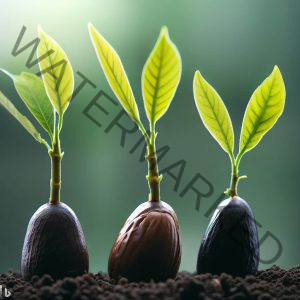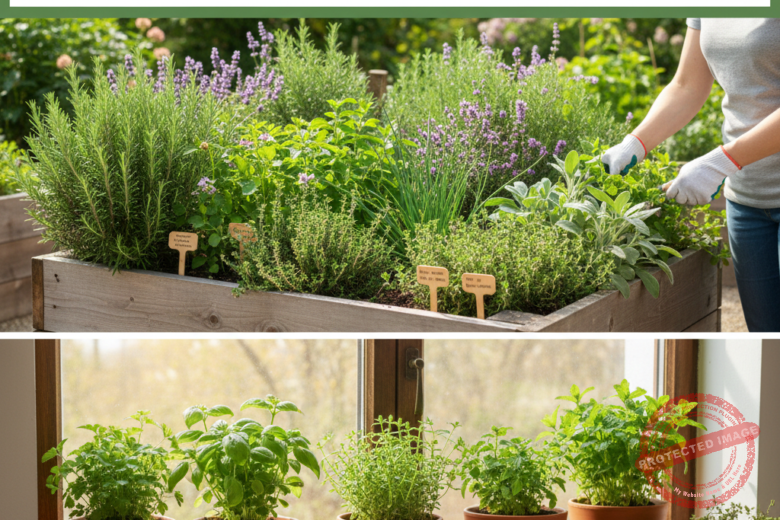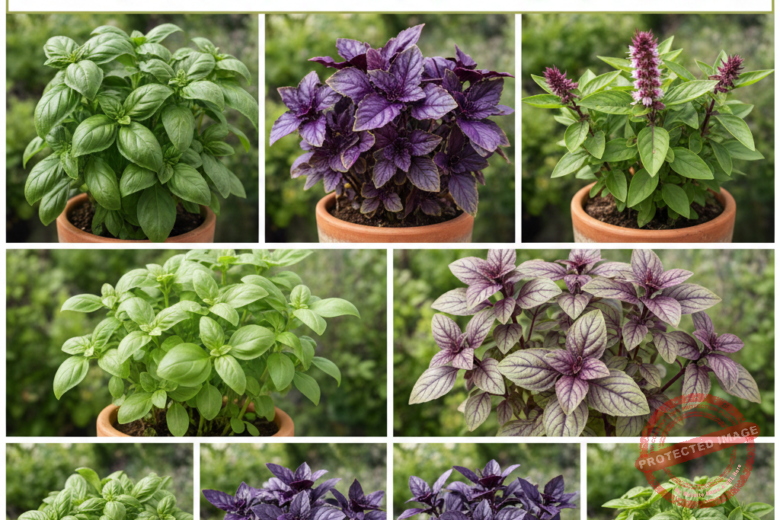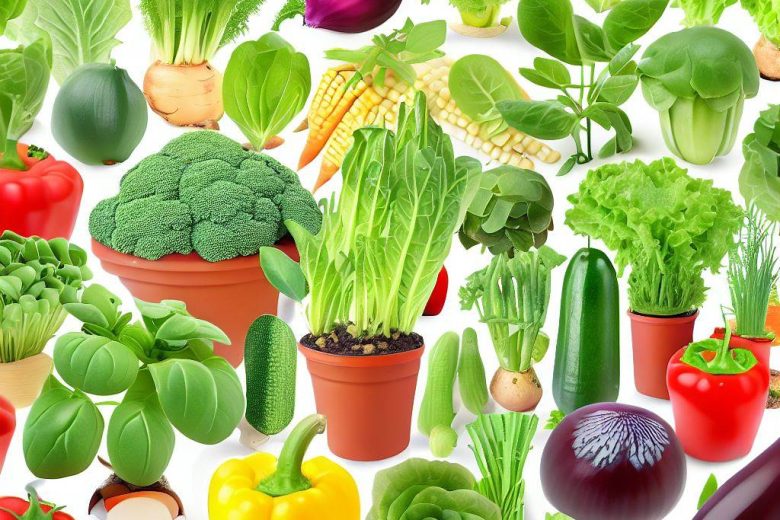Avocado cultivation has witnessed a remarkable surge in popularity across all seven continents. The creamy, nutrient-rich fruit has not only become a staple in diets but also a significant contributor to the global agricultural sector, boosting the GDP of various continents.
As an experienced agronomist and farmer with seven years of expertise, I’m excited to take you through a detailed journey of avocado seed growing stages, offering insights into the nuances of both crop and animal husbandry.
Avocado seed growing involves several distinct stages. Initially, the seed is prepared by cleaning and suspending it in water using toothpicks, allowing the bottom to immerse. The seed then germinates, with a root emerging from the bottom and a shoot from the top. Once the roots are established, the seedling is transplanted into soil, and subsequent growth involves nurturing the young plant through proper care, sunlight, and water to encourage healthy development into a mature avocado tree.
Avocado cultivation requires meticulous attention to detail, particularly during the seed germination stages. To embark on this journey successfully, understanding the specific requirements for soil, temperature, water, fertilizers, sunlight, and care is crucial.
Avocado Seed Growing Stages: A Comprehensive Guide
The avocado industry has experienced an extraordinary upward trajectory in recent years. From North America to Asia, avocados have become a highly sought-after commodity, driving substantial revenue for countries involved in their production.
Read Also: 50 Best Beginner Plants For Gardening [Easy To Grow]
With a notable presence in breakfast menus, salads, and even as a substitute for butter, avocados have established themselves as a culinary delight with health benefits, contributing significantly to the economic landscape of continents worldwide.
Soil Requirements:
Avocado seeds thrive in well-draining, sandy-loam soil with a slightly acidic to neutral pH level. Ensure proper aeration to prevent waterlogging, which can stunt seedling growth.
Read Also: [Beginners Guide] How to Grow Avocado from Stone Using Toothpick
Temperature Requirements:
Avocado plants are sensitive to cold temperatures, so ensure a minimum temperature of 60°F (15.5°C) during growth. Young seedlings should be protected from frost.

Water Requirements:
Adequate and consistent watering is vital for avocado seedlings. Keep the soil consistently moist but not waterlogged to promote healthy root development.
Fertilizer Requirements:
Avocado seedlings benefit from a balanced, slow-release fertilizer rich in micronutrients. Applying a high-potassium fertilizer can enhance fruit development.
Read Also: [Beginners Guide] How To Grow Avocado At Home
Sunlight, Watering, and Care:
Avocado plants thrive in full sunlight. Regularly water the plants, adjusting frequency based on weather conditions. Prune to promote a strong structure and facilitate sunlight penetration.
Market Demand and Export Trends
The avocado market continues to expand globally, driven by rising consumer demand for healthy and versatile foods. This surge in demand has created opportunities for both small-scale and commercial farmers to tap into a thriving market.
Step-by-Step Guide to Growing Avocado
Selecting Varieties: Choose avocado varieties suitable for your climate and growing conditions.
Soil Preparation: Prepare the planting site by loosening the soil and improving drainage.
Planting Process: Plant the avocado seed with the top half exposed above the soil surface.
Spacing: Allow sufficient space between avocado trees for proper growth and airflow.
Yield Expectations: Avocado trees generally yield 200-300 fruits per tree once they mature.
Read Also: 25 Easiest Vegetables To Grow Indoors
Costs of Starting and Considerations
Starting an avocado farm entails initial investments in seeds, soil preparation, irrigation, and equipment. While costs vary, careful budgeting is essential.
Potential Returns on Avocado Farming
Avocado farming has the potential for lucrative returns, particularly as the trees mature and start producing fruit.
Soil and Climate Testing Methods
Perform DIY soil and climate tests to ensure the suitability of your land for avocado cultivation.
Read Also: 25 Fastest Growing Vegetables in Summer
Essential Tools and Inputs
Gather necessary tools like pruners, shovels, and irrigation equipment. Quality inputs like fertilizers and mulch enhance plant growth.
Risks and Challenges in Avocado Farming
Avocado farming comes with challenges such as diseases, pests, adverse weather, and market fluctuations. Mitigating these risks requires proactive strategies.
Read Also: [Complete Guide] 50 Gardening Tips For Beginners
Profitability of Avocado Farming
Avocado farming, when managed effectively, can be a profitable venture due to the growing demand for avocados globally.
Benefits of Avocado Farming
Avocado farming offers benefits like diversification of income, improved land utilization, and contribution to sustainable agriculture practices.
Starting Small Scale Avocado Farming
Embarking on small-scale avocado farming allows you to learn and refine your skills before expanding.
Read Also: How Fast Do Cucumbers Grow? 10 Tips to Accelerate Growth
Starting Commercial Scale Avocado Farming
Scaling up to commercial avocado farming requires meticulous planning, efficient resource allocation, and effective marketing strategies.
Common Challenges and Cons
Be prepared for challenges like long gestation periods, susceptibility to pests, and market price fluctuations.
Top 10 Tips for Avocado Farming Success
- Choose suitable avocado varieties.
- Ensure proper soil drainage.
- Provide consistent watering.
- Implement regular pruning.
- Protect plants from frost.
- Monitor and manage pests.
- Utilize organic fertilizers.
- Plan for market fluctuations.
- Invest in quality tools.
- Continuously educate yourself.
- Ideal Farming Locations
Avocado farming flourishes in regions with mild climates, such as Mediterranean climates and subtropical zones.
Industries Benefiting from Avocado Products
Avocado products are utilized by industries such as food, cosmetics, and pharmaceuticals due to their nutritional value and unique properties.
Leading Countries in Avocado Import and Export
Countries like Mexico, the Netherlands, and Spain are prominent players in avocado trade, reflecting the global demand.
Maximizing Avocado Cultivation for Optimum Production
Implement best practices like intercropping, proper irrigation, and integrated pest management to optimize avocado production.
5 Best Fertilizers for Avocado and Application
Fish emulsion: Apply every 4-6 weeks during the growing season.
Compost: Spread around the base of the tree for slow-release nutrients.
Blood meal: Provide a nitrogen boost during early growth.
Bone meal: Enhance fruiting with phosphorus-rich bone meal.
Epsom salt: Prevent magnesium deficiency with foliar application.
Managing Diseases and Pests
Combat diseases like root rot and pests like the avocado lace bug with preventive measures and appropriate treatments.
Avocado Crop Marketing
Market your avocados through local markets, grocery stores, restaurants, and online platforms to reach a broader consumer base.
Weeding and Cleaning Practices
Regular weeding and clearing of debris promote a healthy growing environment and prevent weed competition.
Herbicides and Pesticides for Avocado Farming
Use herbicides and pesticides judiciously, considering their impact on the environment and human health.
Sourcing Quality Avocado Species and Varieties
Obtain avocado seeds or seedlings from reputable nurseries to ensure healthy and productive trees.
Conclusion
In conclusion, embarking on the journey of avocado seed growing stages can be a rewarding endeavor for both experienced and aspiring farmers. The comprehensive guide provided here covers every aspect of avocado cultivation, from soil preparation to marketing strategies. As you delve into the world of avocado farming, remember that success requires dedication, continuous learning, and a genuine passion for nurturing the growth of this remarkable fruit.




One Reply to “Avocado Seed Growing Stages [A Comprehensive Guide]”